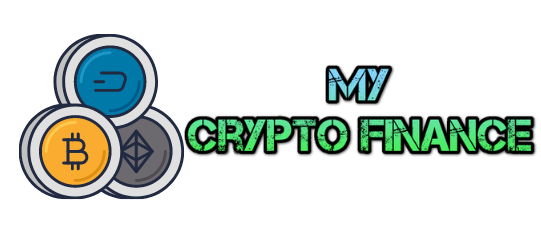1. Internet of Things (IoT): The integration of various devices and objects with sensors and connectivity to the internet, enabling them to collect and exchange data seamlessly.
2. Artificial Intelligence (AI): The development of intelligent machines and systems that can learn and perform tasks without human intervention, enhancing automation and decision-making processes.
3. Augmented Reality (AR): The overlay of digital content onto the real world, creating a blended experience and enhancing interactions in various fields, such as gaming, retail, and education.
4. Virtual Reality (VR): The creation of immersive experiences through the use of computer-generated environments, allowing users to feel fully present in a different reality.
5. Blockchain technology: A decentralized and secure digital ledger system that ensures trust and transparency in transactions, revolutionizing fields like finance, supply chain, and healthcare.
6. 5G technology: The fifth-generation wireless technology, offering faster speeds, lower latency, and enhanced connectivity, enabling more advanced applications like autonomous vehicles and smart cities.
7. Big Data analytics: The extraction of valuable insights from vast volumes of structured and unstructured data, providing organizations with a competitive advantage and informed decision-making.
8. Cloud computing: The storing, accessing, and processing of data and applications over the internet, providing scalable and efficient solutions for individuals and businesses.
9. Biometric authentication: The use of unique biological characteristics like fingerprints, facial recognition, and voice recognition for secure and convenient authentication, revolutionizing access control and identity verification.
10. Wearable technology: Integration of technology into clothing and accessories, allowing individuals to track health and fitness metrics, receive notifications, and interact with devices in a more seamless manner.

